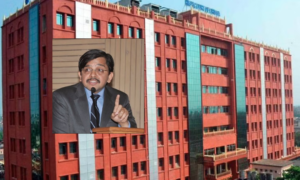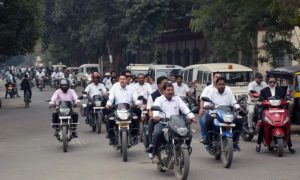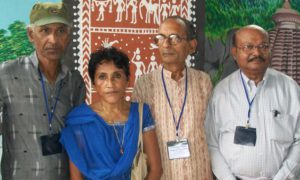With the lawyers’ strike withdrawn, the state government has started preparations for holding elections in all urban bodies in western Odisha in November-December. But Sambalpur and Rourkela being tipped to become corporations are likely to be left out of the list, official sources said here.
The State Election Commission (SEC) on Tuesday intimated the government to inform at the earliest whether or not it is ready to have polls in the 25 urban bodies spread over nine districts. The government before responding to SEC’s query has asked all district collectors and superintendents of police (SPs) to submit ground situation reports.
Elections to these urban bodies could not be held on September 19 along with 66 others because of lawyers’ strike for high court benches and consequent poll-boycott by political parties. The surcharged atmosphere in the region has since calmed down after the government recommended two HC benches, one in southern and another in western region. The government apparently sensing the public mood is not in favour of the ruling BJD announcing corporation status for Sambalpur and Rourkela municipalities.
“Formation of corporation itself requires meeting a host of official formalities. Election is almost the last phase, preceded by fresh identification of wards, reservation of seats, preparation of electoral rolls, etc. The entire process may take more than six months,” said a senior government official.
He said formal notification for converting Sambalpur and Rourkela as corporations is yet to be made. Both the towns do not have required population of three lakh each to become corporations. The government in order to meet the requirement of law has tried to include Hirakud, Burla notified area councils (NACs) and 12 nearby panchayats to form Sambalpur Corporation. Similarly, to meet the population figure several villages have been roped in for the proposed Rourkela Corporation.
“As per the rule the villages must give their assents to be part of any corporation. As the proposal that came from Sundargarh administration did not have approvals from villages, the government has returned it,” the official said. “A corporation has to have minimum 39 wards. Additional councillors, if needed, will be made for every 15,000 population,” the official pointed out.
“The government has declared to make two more corporations keeping in view the general welfare of people there. We will surely go by the law. Elections can be held after due completion of the processes,” said urban development minister Debi Prasad Mishra.














